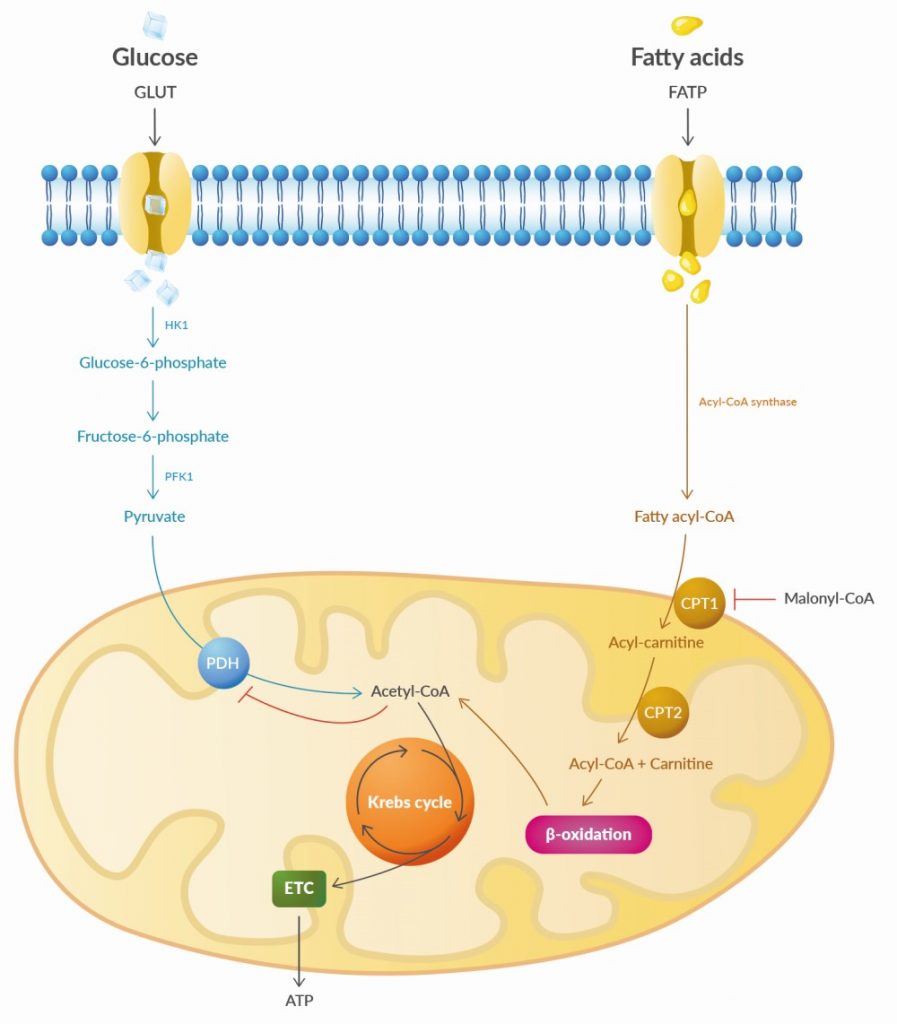On International Rare Diseases Day, we’d like to introduce 2N Pharma’s approach to finding treatments for #ALS and other neurodegenerative disorders.
Amyotrophic Lateral Sclerosis (ALS), also known as Lou Gehrig’s Disease or Motor Neurone Disease (MND) is a rapidly progressive and always fatal neurological disease. It was first diagnosed in 1874 but despite more than 140 years of research, there is no cure and no effective treatment available.
Early symptoms include muscle weakness or stiffness with subsequent gradual degeneration of motor nerve cells in the brain and spinal cord. Patients lose strength and control of voluntary movements such as speaking, eating, and breathing. Mean survival after symptom onset is 3 years and average age at diagnosis is 55.
Muscle wasting ultimately leads to respiratory failure that makes the condition terminal in all cases. The average age of patients at diagnosis is 55 years and mean survival after symptom onset is 3 years. Only 1 in 10 patients survive 10 years or more. Currently there’s no known cure and existing drugs only extend survival or time to tracheostomy by months.
The average annual incident rate is around 2 per 100,000 people, which means around 6,500 new cases each year in the USA, 10,000 new cases in Europe and as many as 150,000 new cases world-wide. The prevalence of ALS, meaning the number of patients living with ALS at any one time, is estimated to be 5 per 100,000 which means more than 16,500 Americans, 25,000 Europeans and 375,000 people world-wide are living with ALS.
Our Hypothesis
2N Pharma believes there is a causal relationship between dysregulated fatty acid oxidation and the development of neurological disorders. In essence, a severe and persistent metabolic problem in the mitochondria, the cells that power the body with chemical energy, causes a number of systemic problems that result in neurodegeneration.

A healthy brain is the most metabolically active organ in the body and relies on glucose for energy production. However, a common feature of ALS and a range of other diseases, is strongly upregulated lipid metabolism and deficient glucose metabolism, in other words, the diseased brain has shifted to fat burning to create energy. It is not known what causes this metabolic problem, but we believe a combination of stress factors, which can be pathological, psychological or physical, possibly combined with genetic predisposition, could be the trigger.

2N Pharma is developing Mitometin, a drug that that aims to restore the metabolic balance in the affected mitochondria. It is our hope that such a block will help treat not only ALS, but a number of neuro-degenerative conditions, including Parkinson’s Disease, Frontotemporal Dementia, Huntington’s Disease and possibly even Alzheimer’s. Early studies support the theory and are giving great results, and the company is rapidly scaling up to help bring such a drug to market, once it’s undergone all required testing.
Follow us here and on LinkedIn for regular updates on our progress as we look to put an end to such rare diseases and the misery they cause for sufferers and their families.
Find out more at www.2npharma.com/technology
